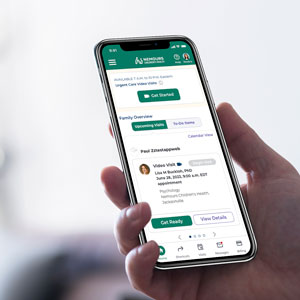Sickle Cell Disease
Includes: Sickle cell trait (SCT); Sickle cell anemia; Sickle cell disease (SCD)
Gene: HBB
Protein: hemoglobin subunit beta
Clinical Characteristics May Include:
Sickle cell trait:
- Typically, does not have symptoms related to sickle cell disease.
- Rarely, extreme conditions such as dehydration and high-intensity physical activity can lead to serious health issues in individuals with sickle cell trait.
- Having a parent or a child with sickle cell disease
Sickle cell disease:
- Anemia
- Fatigue or weakness
- Shortness of breath
- Severe pain, called a sickle cell crisis
- Risk of stroke
- Damage to vital organs (lungs, liver, kidney, bones
Inheritance pattern: Autosomal recessive
- Sickle cell trait (SCT) is an inherited condition in which a person has one abnormal hemoglobin beta gene, Hb S.
- Sickle cell disease (SCD) occurs when the affected person has two abnormal hemoglobin beta genes, Hb SS.
- Different forms of sickle cell disease include: Hb SS, Hb SC, Hb S beta-thalassemia.
- Hb SS is the most common and severe type.
- HB SC occurs because patients inherit Hb S from one parent and Hb C from the other.
- Hb S beta-thalassemia, patients inherit Hb S from one parent and another change in their HBB gene from the other.
What This Test Can Tell Us
A blood test will tell us if both hemoglobin beta genes are typical, or if SCD or SCT are present. This test is performed by sequencing the region of the HBB gene associated with hemoglobin S. This test will only detect the variants associated with Hb S, Hb SS, or Hb SC. It will not detect a whole gene deletion or duplication of the HBB gene. A separate copy number assay may be needed to determine whether a deletion or duplication of the region exists.
This is the only gene known to be associated with sickle cell status. A negative test does not rule out other hemoglobinopathies since a variant could be in a region not sequenced with this test.
Sample Requirements
Draw 2ml–4ml of blood in one EDTA/purple-top tube (minimum of 1ml–2ml for infants).
Turnaround time: 7–10 business days
CPT Codes and Cost
Targeted Sequencing
- Code: 81361
- Cost: $225
Carrier Variant Testing
- Code: 81362
- Cost: $225

